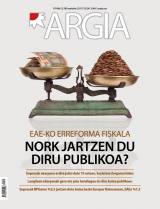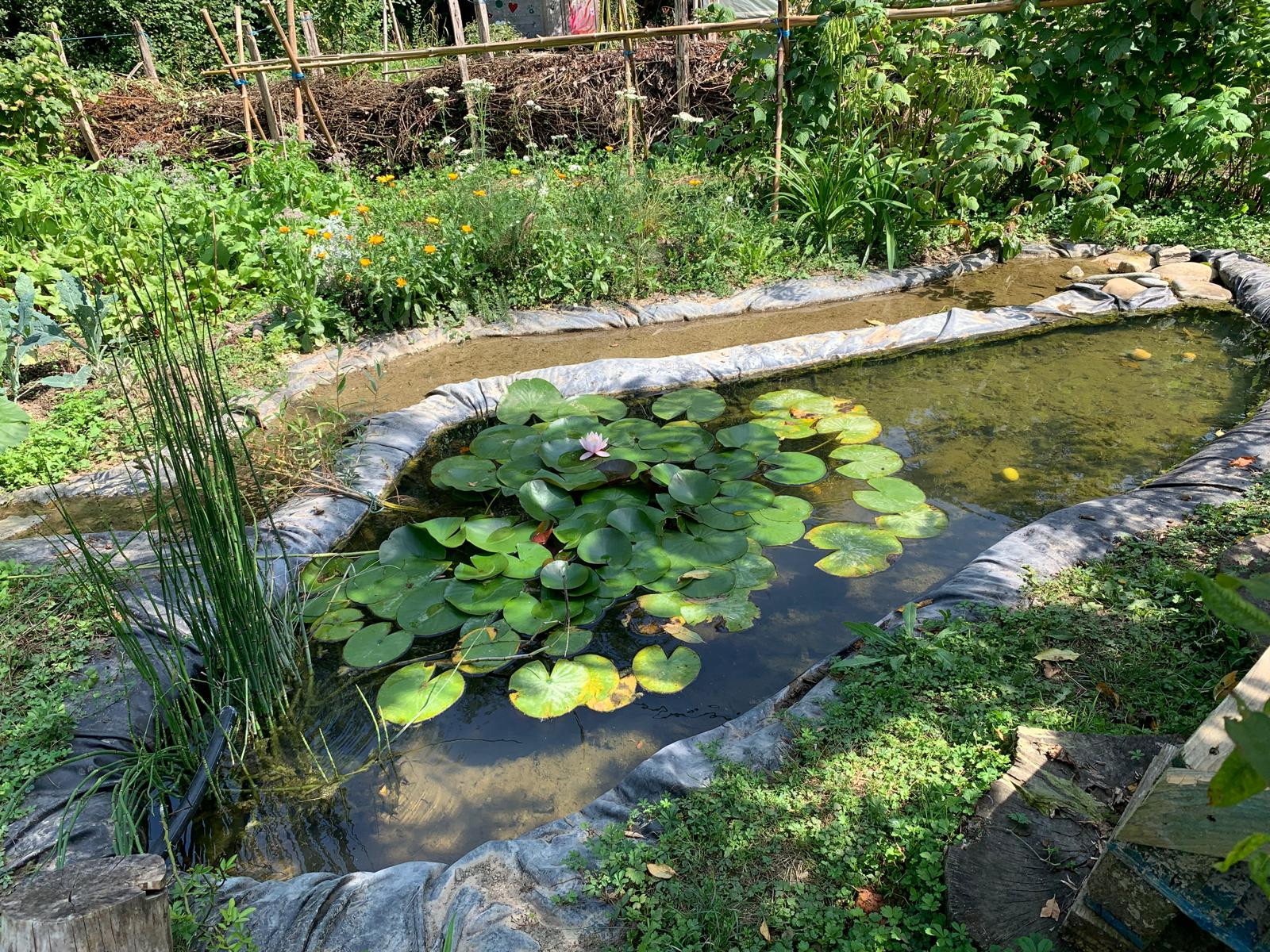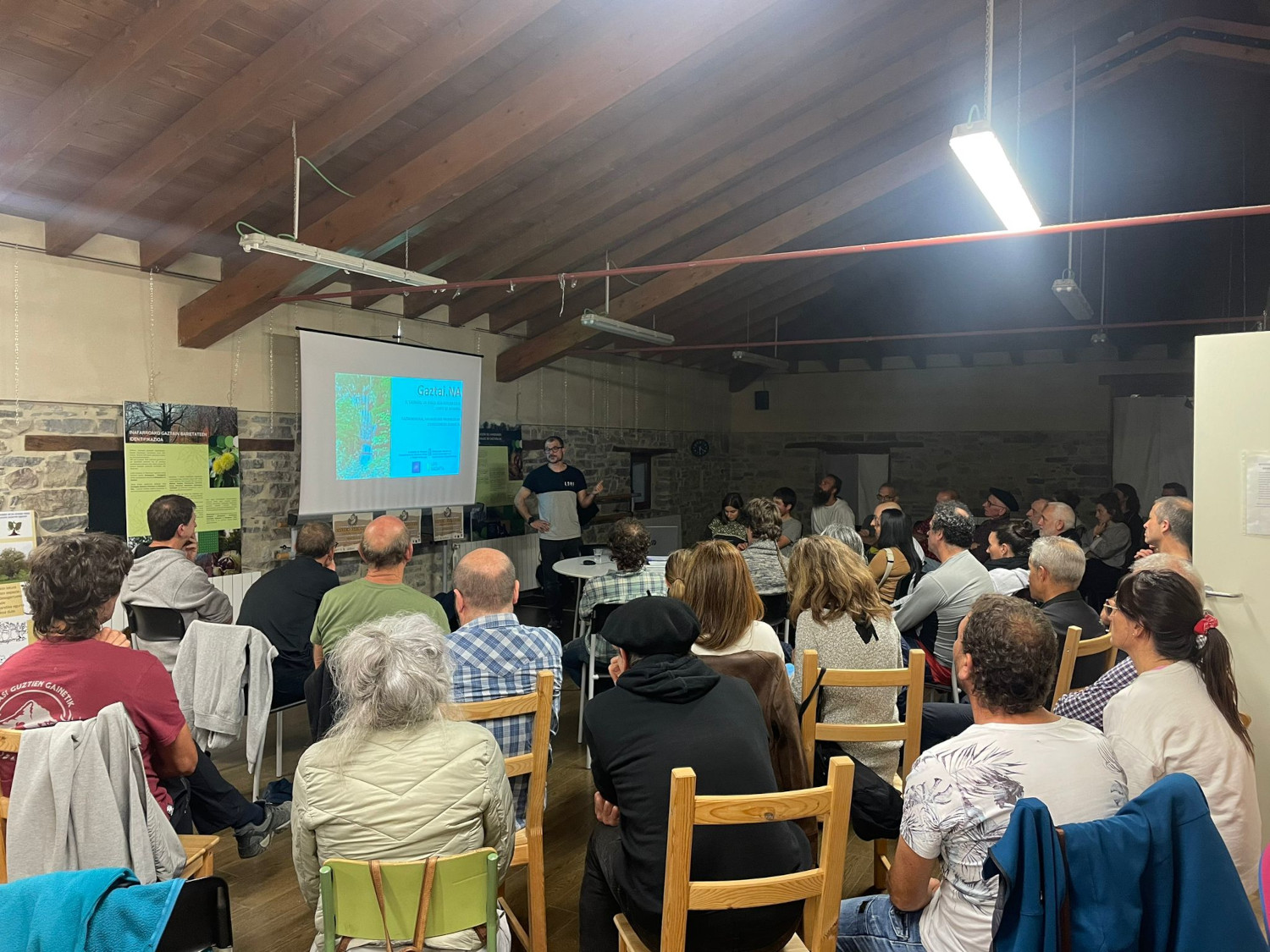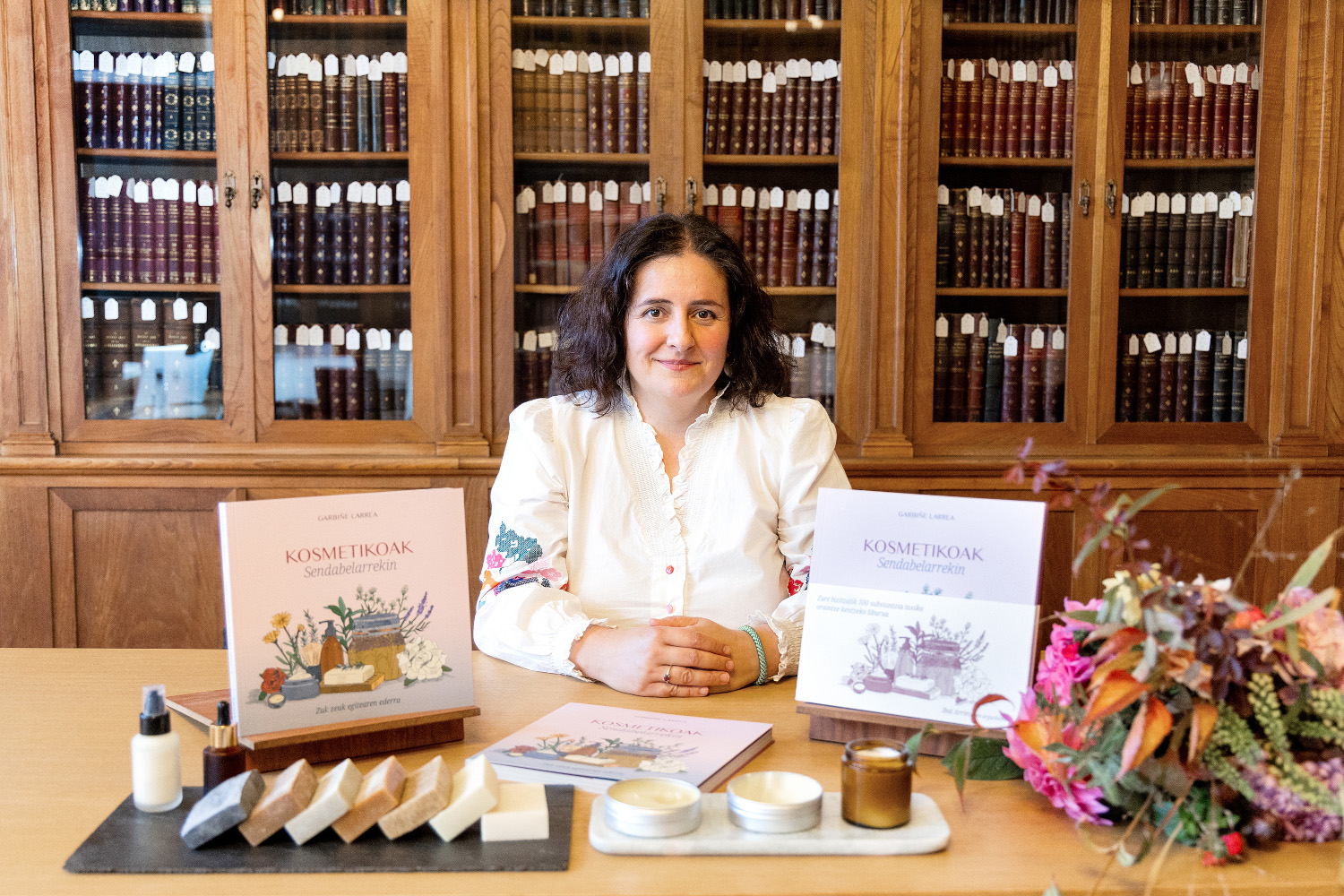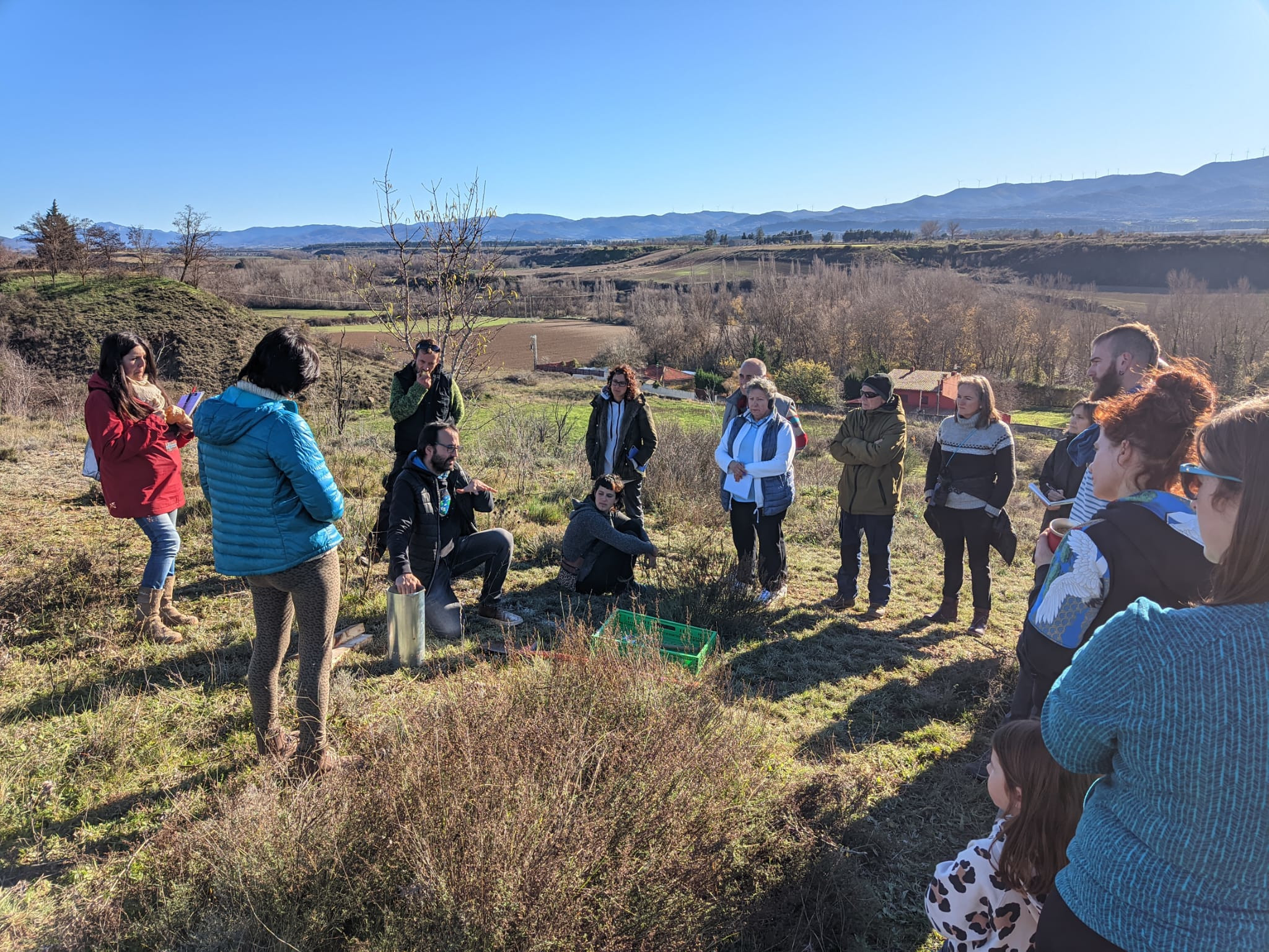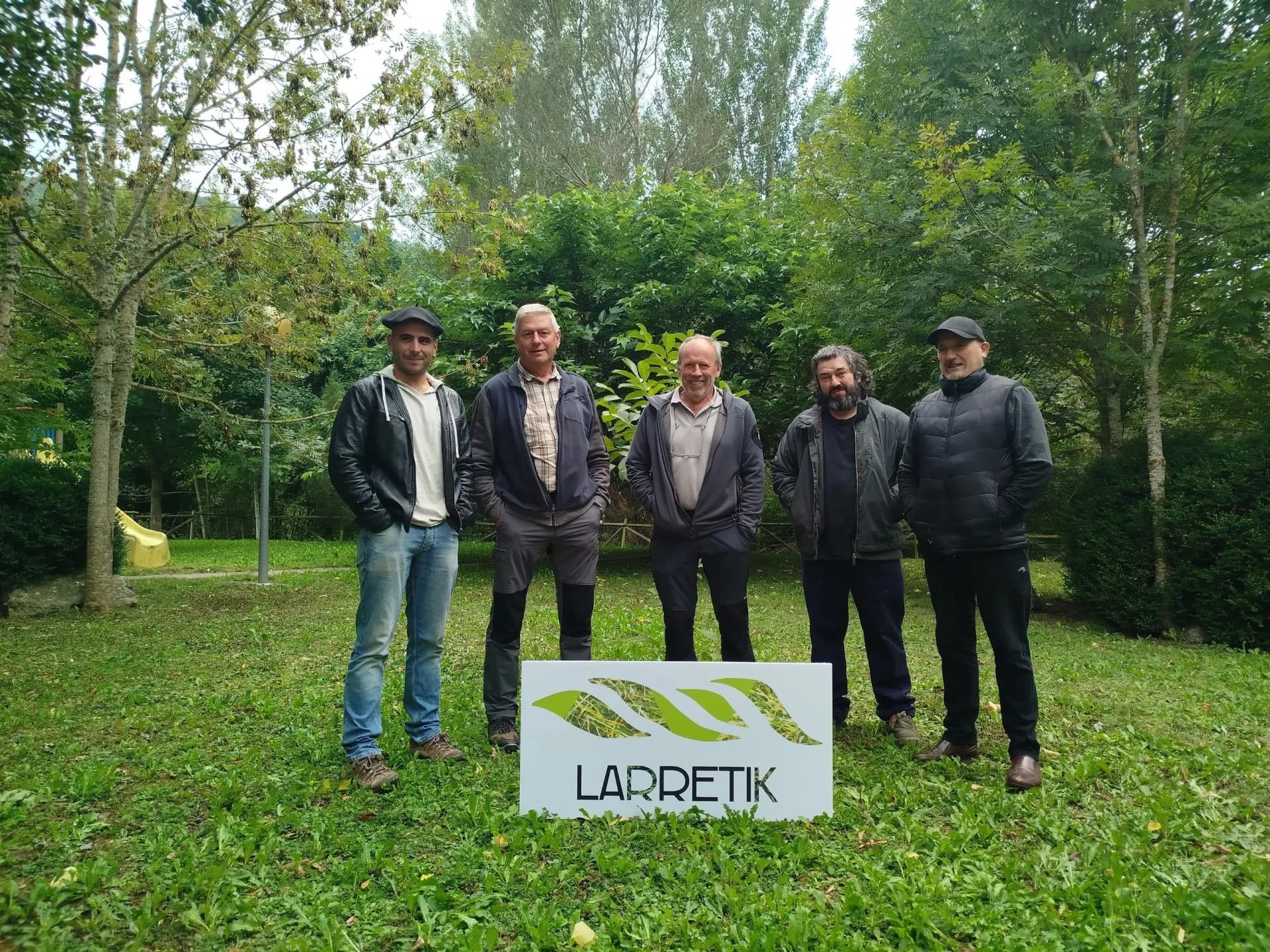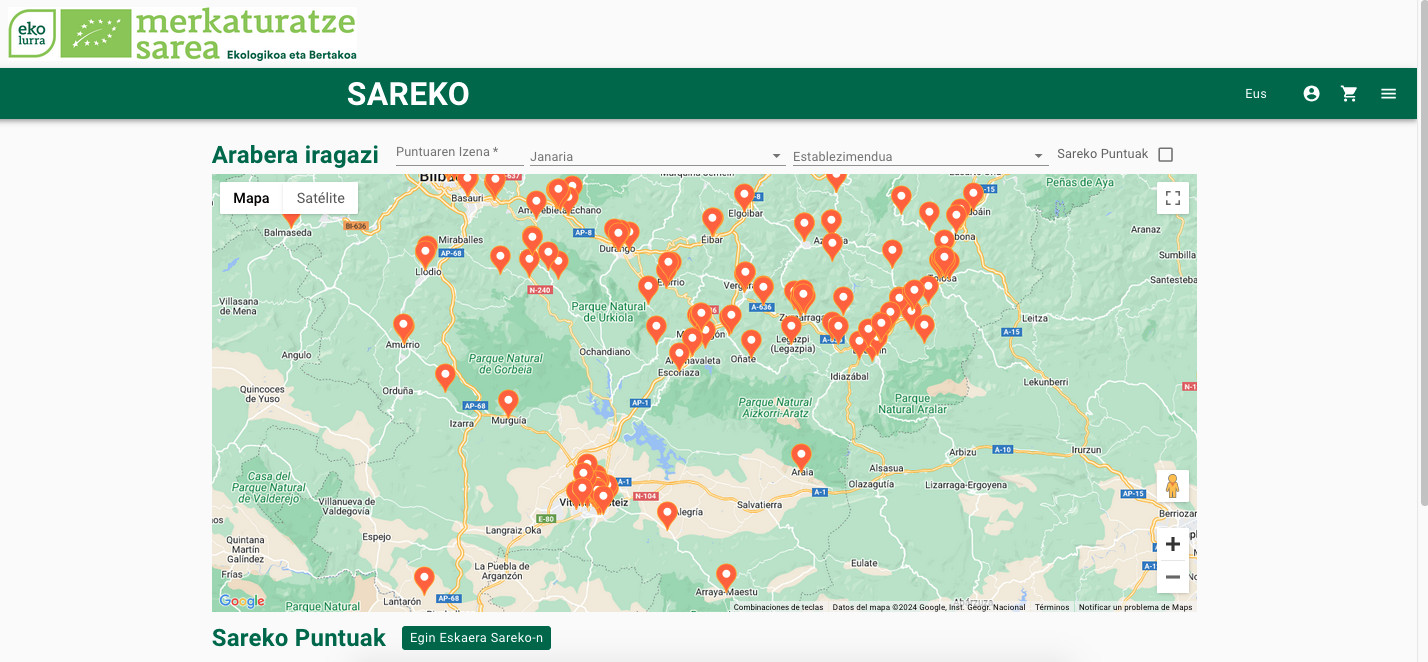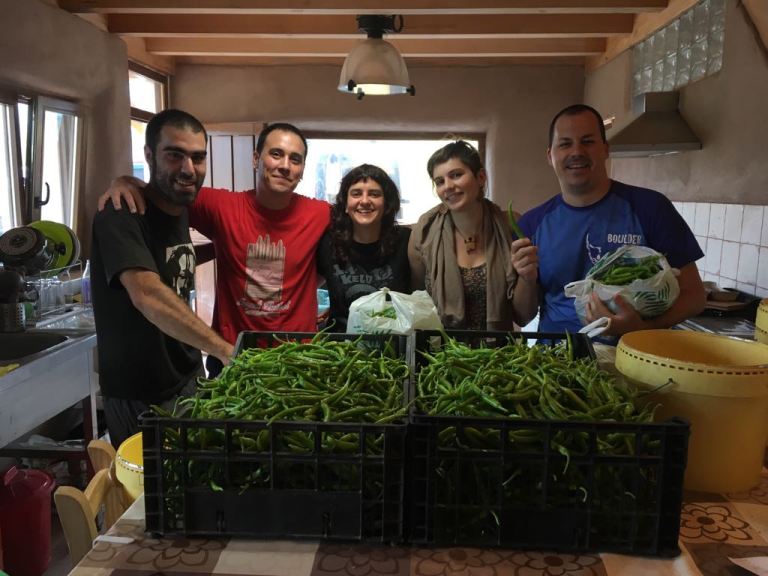
David Lopategi is a member of the Ttak collective in Bizkaia. Although the seven members of the team were already known in advance, they began to collaborate in the first edition of the Baserritik Mundura course. “We all had previously worked on issues of food sovereignty and agroecology: some were baserritarras, other members of social actors,” explains Lopategi. They have something else that unites them. “We are believers in collective work.” The Tt have emerged from this collective work.
From theory to practice
Having been very comfortable in the course, it was thought that the connection that had been created had to be continued. “In the course we rely on a solid ideological base and also on ideas for the future,” explains Lopategi. Continuity and transition from theory to practice are taking place.

The first project of the collective is Ttak Conservas. Organic food is produced in the hamlet of Gamiz (Bizkaia) for later processing in the canning plant Maskilu de Zeberio and for subsequent marketing by short or direct channels. “With this project that closes the entire circuit, it is intended to give a space in the primary sector and to network with other agents.” You are clear that conservatives are only a first step and that in future they want to work more areas around food sovereignty and agroecology.
Beyond production
Its aim is to maximise food sovereignty in its entirety. To carry out training, community dynamization, sensitization or consulting work, among others. “Food sovereignty is a transformative paradigm that affects everything: we talk about territory, food, social relations, the economy, landscape management, the environment… We want to put our collective project at the service of all that,” says Lopategi.

The project, recently created in spring, is bearing fruit in a short time. “It is a nice process, we discuss a lot and above all we make decisions from consensus.” And in the face of the good reception of the people, they are happy: “It gives strength and illusion to our wager.”







